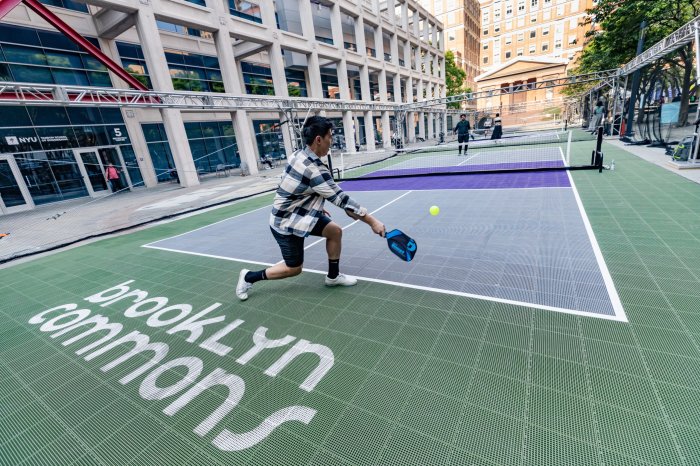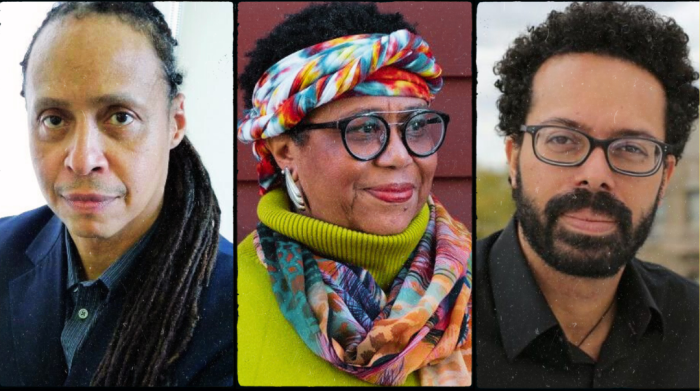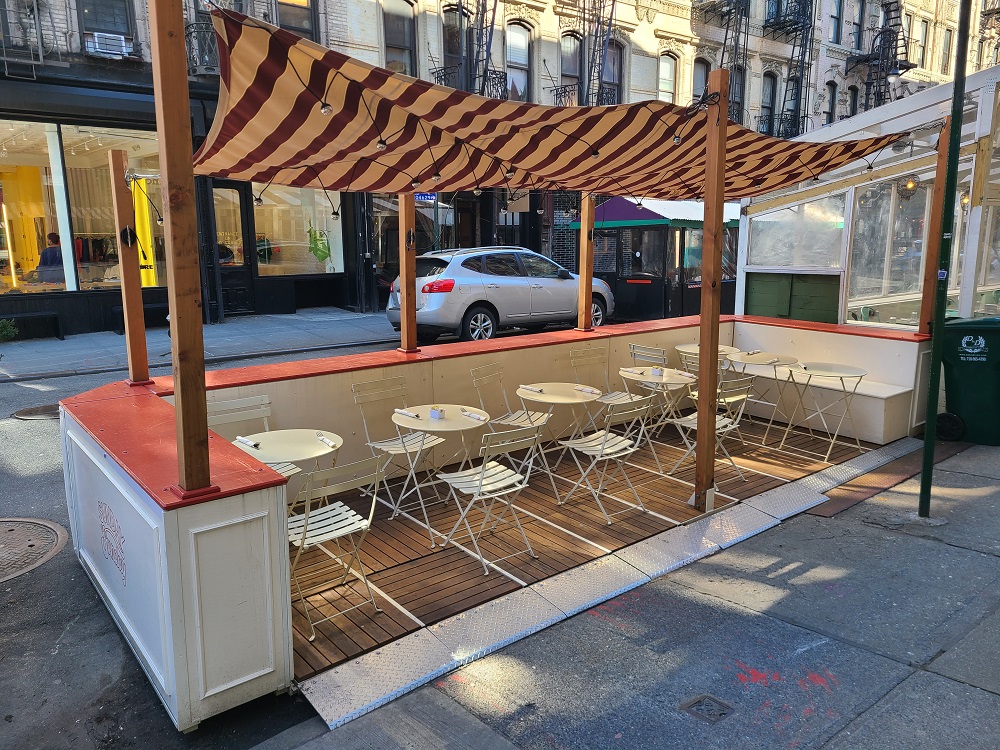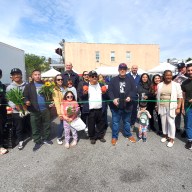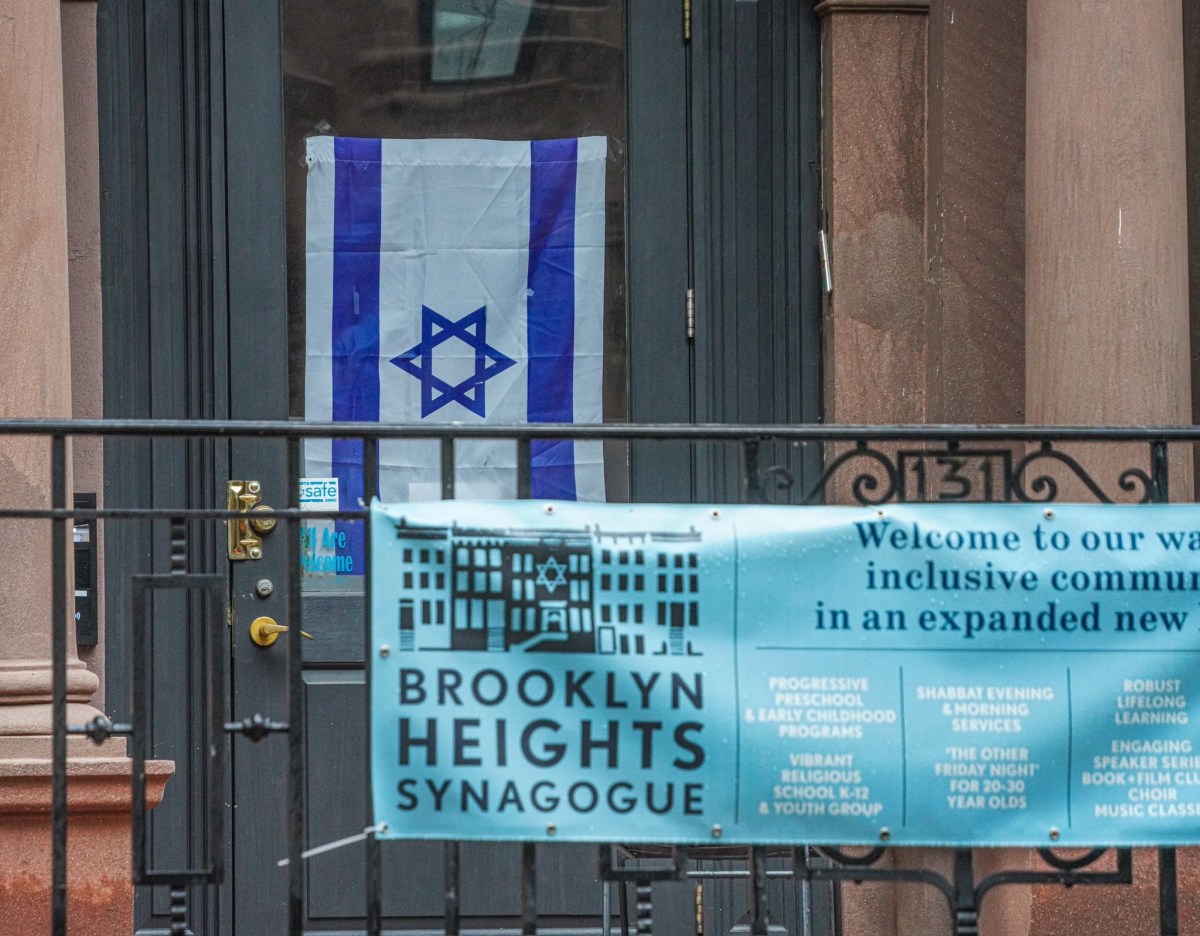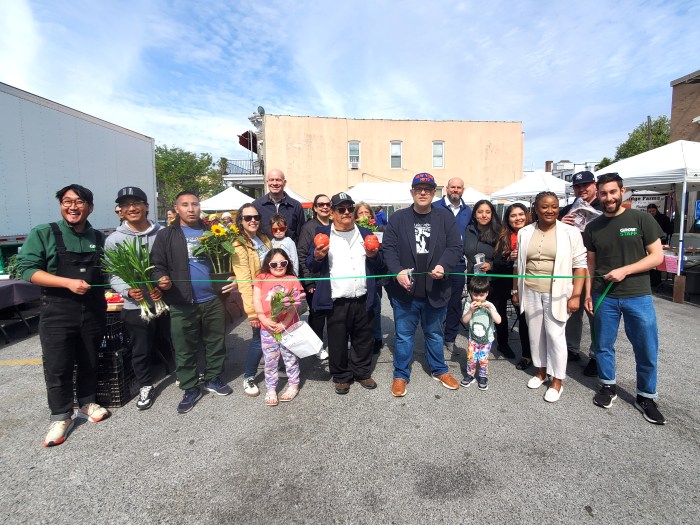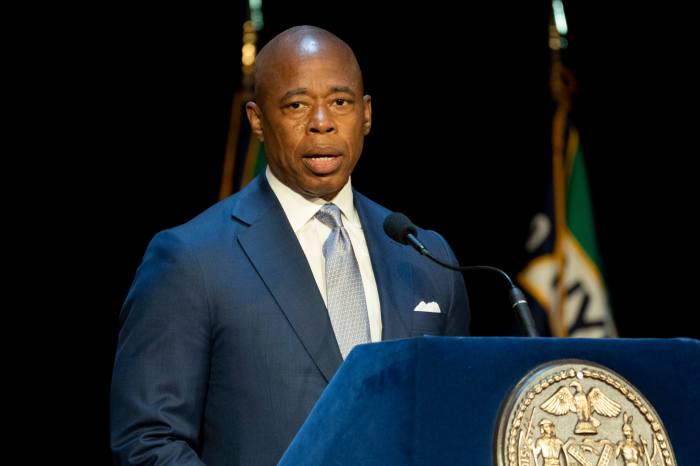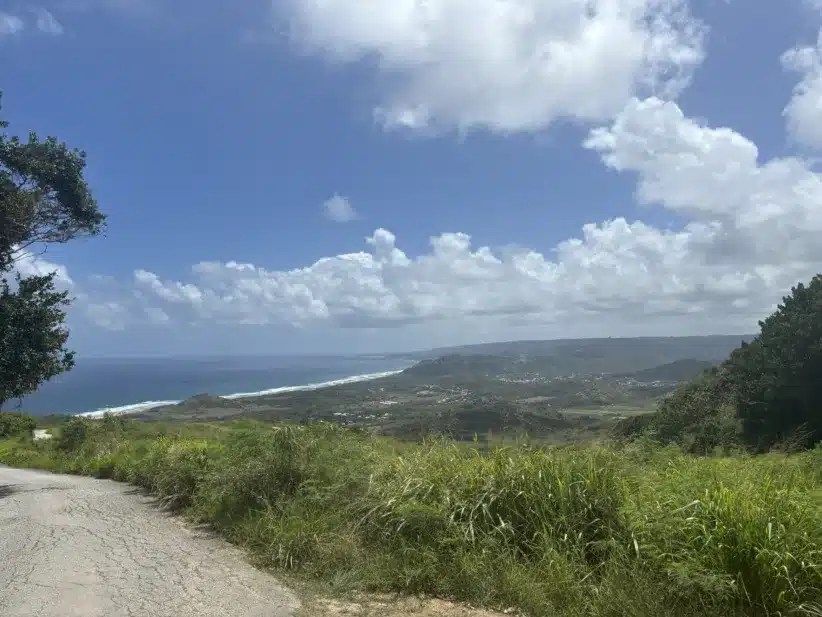Sometimes at odds, Brooklyn civic leaders and activists say their local community boards are still worth fighting for.
As reported here earlier, community boards around the borough are currently experiencing some anxiety wondering if a new Charter Revision Commission slated to be seated sometime this year might spell their demise.
Budgets have already been slashed and members consistently complain that they have little real power influencing government actions.
When asked about Mayor Michael’s Bloomberg’s view of the city’s 59 community boards, spokesperson Andrew Brent would only say that “community boards have played key roles in civic affairs.”
“It’s premature to discuss what a Charter Revision Commission might review before the mayor even appoints its members,” Brent said.
Neil Eisenberg, member of the Madison-Marine-Homecrest Civic Association, worries that the way community boards currently operate makes them vulnerable to attack.
“The current system of community boards is not working, and when things are not working in this city, Mayor Bloomberg feels that he could do it better himself,” Eisenberg says.
Gene Berardelli, a member of the Sheepshead Bay/Plumb Beach Civic Association, also sees problems with the way community boards operate.
“Community Boards should be our system of government in its purest form, but clearly there are flaws in the system,” Berardelli says.“Community boards have no real power and appointing members to the board is a way to reward political loyalty, not recognize community activism.”
For years, Madison-Marine-Homecrest Civic Association Vice-President Ed Jaworski says his group has nominated members for open spots on Community Board 15 – only to be shut out.
“Each year, our nominees get the same response: there are no vacancies,” Jaworski says.“Then we suddenly see a new face who has never been to a CB15 meeting, and a by-the-way type announcement is made that there is a new member.This is a classic example of exclusionary politics dominating citizen engagement. Civic groups should have direct input to community boards, and should have opportunities to evaluate the board.”
Just last week, Borough President Marty Markowitz started publicly urging Brooklynites to apply for a spot on their local community board.
The deadline for applications is February 22.
“Community boards are truly the heart and soul of municipal government in Brooklyn and New York City — they are the entry point for New Yorkers who love their neighborhoods and wish to be involved in the planning and development process,” Markowitz said.
A few years ago, local activist Ida Sanoff says she would have been supportive of community boards and their continued existence.
She says she now feels differently, however, after comingout against Markowitz’s plan to construct the $64 million “Coney Island Center” at Asser Levy Seaside Park, and losing both her seat on Community Board 13 and a spot on the group’s Parks Committee,
“As individuals, some board members repeatedly demonstrate that they are dedicated, concerned and sincere people,” Sanoff says. “But when members of the public turn out by the hundreds, thousands of signatures are collected opposing a project and a board just completely ignores the sentiments of the community it is supposed to represent, it is hard to find a reason to justify their continued existence.”
Bay Improvement Group President Steve Barrison has, at times, also been at odds with the community board in his neighborhood.
Nevertheless, he still supports them.
“However people may disagree with their community board, they serve an important function for land use planning, and are the first line of defense and offense for speaking for the best interest of the community,” Barrison says. “They should not only be maintained, but maybe even strengthened.”
Working with fellow members of CORD – Carroll Gardens Coalition for Respectful Development and the Carroll Gardens Neighborhood Association -Triada Samaras has seen concrete zoning changes aimed at safeguarding her brownstone community from further out-of-scale development become a reality.
Despite that success, however, Samaras says that losing community boards would be a “disastrous and a giant leap backward in democracy.”
“The community boards provide a critical link between the community members and the city power structures that are supposed to serve them,” Samaras says.“I fear a removal of the these boards would obliterate the mechanism that currently exists between the ‘community citizens’ and the power structures that gives the community a critical and potentially dissenting voice.”
Community Board 18 District Manager Dorothy Turano says her group has not become over politicized and works to represent the community.
“We do important work and [Mayor Bloomberg] minimizes it,” Turano said. “According to him we’re all expendable. The only position he’s interested in keeping is the mayor’s office.”
Alvin Berk, chair of Community Board 14, says that openness is the key to the success of community boards.
“Their primary role as a body is to provide a forum for the community to learn about proposed city initiatives and react to them, and have some input in the city decision making process,” Berk said.
Citywide, supporters point to recent examples like the case involving the Kingsbridge Armory, as instances where community boards played a vital role in influencing the outcome of controversial proposals.
“So, while there is plenty wrong with them, community boards are worth fighting for if changes are made to eliminate abuse, de-politicize the system, and let all citizens participate and be listened to, not just a close-knit voting bloc,” Jaworski said.


